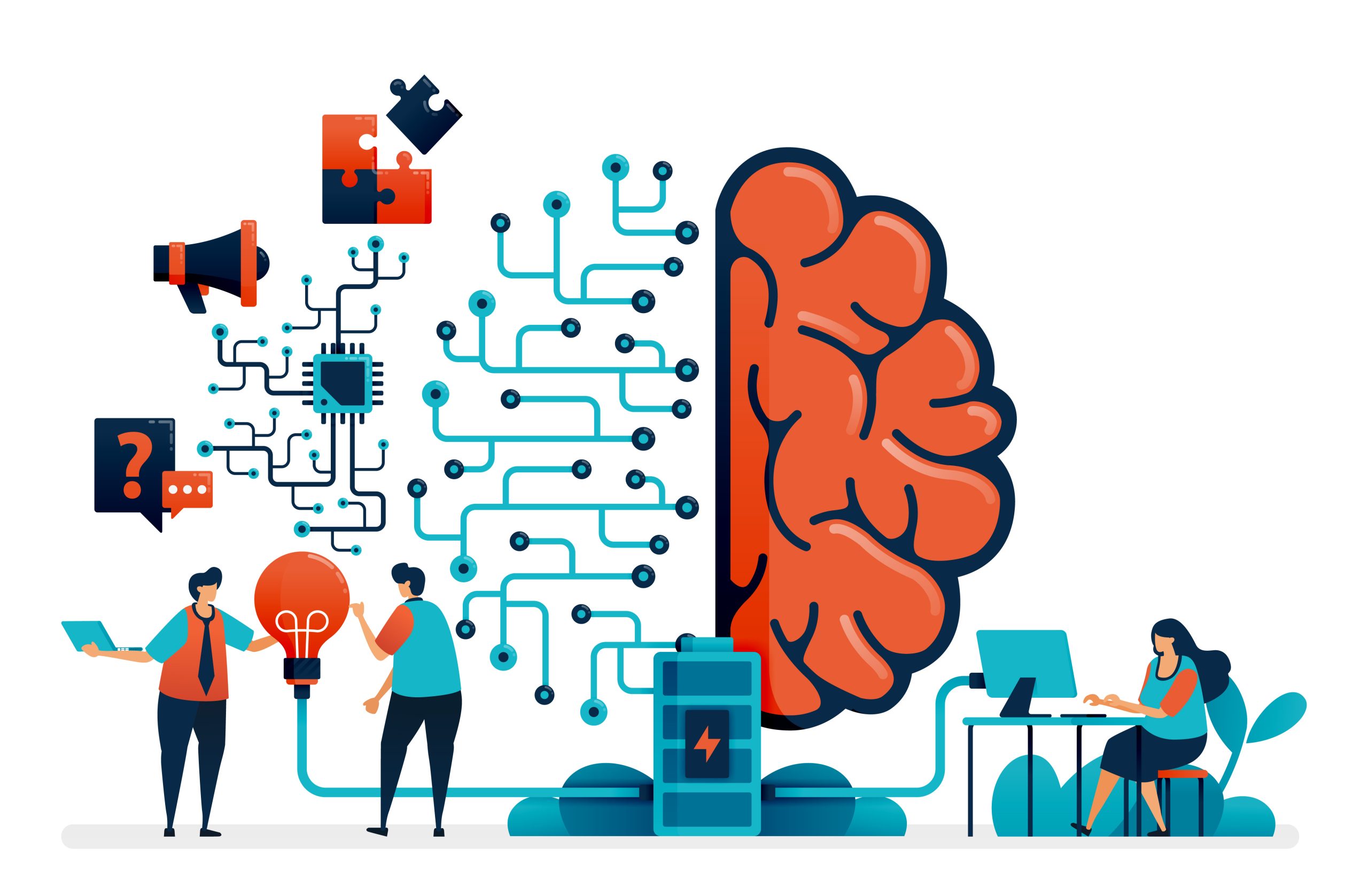In today’s digital age, marketing isn’t just about selling products or services; it’s about forging meaningful connections with customers. Personalization has emerged as the magic wand that transforms marketing from generic to genuinely customer-centric. In this article, we’ll dive into the captivating world of personalization in marketing, exploring how data and artificial intelligence (AI) are redefining customer experiences.
The Essence of Personalization
Personalization is all about treating your customers as unique individuals, acknowledging their preferences, and catering to their specific needs. It’s about crafting a seamless and tailored journey for each customer, from the first interaction to conversion and beyond. The result? Enhanced customer satisfaction, heightened engagement, and increased brand loyalty.
Data: The Building Blocks of Personalization
At the heart of personalization lies data. In the digital landscape, businesses collect an avalanche of data from various touchpoints: website visits, social media interactions, purchase histories, and customer feedback. This treasure trove of data forms the raw material for understanding your customers deeply.
Artificial Intelligence: The Wizard Behind the Curtain
To sift through and make sense of this colossal data, we turn to AI. Machine learning algorithms are like the magic wand that turns data into actionable insights. They can analyze vast datasets at lightning speed, uncover hidden patterns, and segment your audience effectively.
The Marvels of Personalization in Marketing
Tailored Content
Imagine delivering content that resonates with an individual’s interests and needs. Whether it’s suggesting products based on past purchases or recommending articles aligned with a user’s browsing history, personalized content enhances engagement.
Dynamic Email Campaigns
Gone are the days of generic email blasts. AI-powered email marketing platforms can send personalized messages to different segments of your audience, boosting open rates and click-through rates.
E-commerce Wizardry
Personalization is a game-changer in e-commerce. Take a cue from giants like Amazon, who excel at suggesting products. Smaller businesses can utilize AI to recommend products based on a user’s browsing and buying history.
Website Personalization
When a visitor lands on your website, personalization ensures they see content and products tailored to their preferences. This not only keeps them engaged but also increases the odds of conversion.
Chatbots and Virtual Assistants
AI-driven chatbots and virtual assistants can provide personalized recommendations and support. They enhance the customer service experience, making it more efficient and delightful.

Navigating Ethical Waters
While personalization works wonders, it also raises ethical questions about data privacy and security. Businesses must be transparent about data collection practices and comply with regulations like GDPR. Upholding customer privacy is paramount for maintaining trust.
Implementing Personalization in Your Strategy
Collect Relevant Data
Start by gathering data that matters to your business and customers. Ensure robust data security measures to protect customer information.
Invest in AI Tools
Explore AI solutions that help you harness and analyze data effectively. Many AI platforms are accessible to businesses of all sizes.
Segment Your Audience
Leverage AI to segment your audience based on factors like behavior, preferences, and demographics.
Craft Personalized Content
Develop content that speaks directly to each segment of your audience. Think personalized emails, product recommendations, or dynamic website content.
Monitor and Refine
Continuously monitor the impact of your personalization efforts and adapt your strategy accordingly. AI can assist in refining your approach over time.
In conclusion, personalization in marketing isn’t merely a trend; it’s a paradigm shift. Data and AI empower businesses to create individualized customer experiences that drive engagement, conversions, and loyalty. By embracing personalization while respecting data privacy, businesses can stay competitive in the ever-evolving world of digital marketing.














